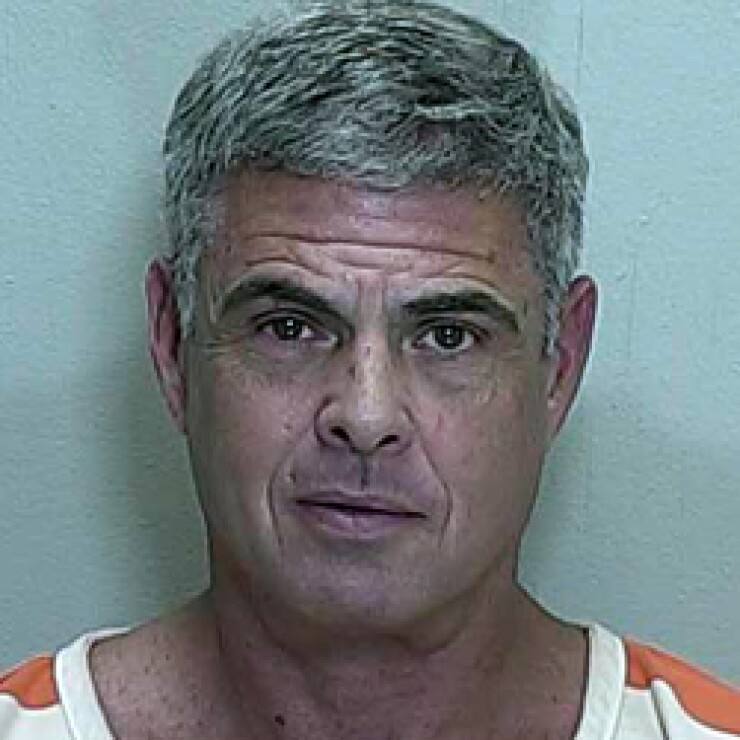
Fannie Mae, Freddie Mac and Ginnie Mae all overlooked warning signs about Taylor, Bean & Whitaker that make them partly to blame for the mortgage lender's multibillion fraud scheme, according to a government watchdog report.
There were numerous red flags to the massive fraud scheme, which in 2009 brought down TBW, a top-ranked mortgage lender in Ocala, Fla., and its warehouse backer, Colonial Bank, and caused a $3.8 billion loss to the Federal Deposit Insurance Fund.
The fraud grew over many years because Fannie, Freddie and Ginnie failed to adequately monitor counterparty risks, enforce contracts and communicate with each other, the Federal Housing Finance Agency's Office of Inspector General said.
Ginnie Mae and the government-sponsored enterprises overlooked "indicators that — had they been appropriately analyzed and acted on — could have mitigated the extent and impact of the fraud scheme," the watchdog said in a 17-page report to be released Tuesday.
The FHFA OIG said it hoped to extract some lessons from the seven-year fraud scheme that ultimately led to a
"The failure to adequately address the red flags cost various parties losses of billions of dollars," the report stated.
All told, Freddie lost $1.8 billion, Deutsche Bank and BNP Paribas together lost more than $1.5 billion, while Colonial's investors and employees lost the value of their investments as Colonial's stock plummeted. Ginnie, which bought more than $4 billion in nonperforming TBW loans out of its pools, set aside $720 million in 2010 for anticipated losses.
The FHFA declined to comment on the OIG report.
The watchdog identified seven areas in which the FHFA could avoid a repeat of such a colossal failure.
The FHFA should require that Fannie, Freddie and Ginnie submit a detailed analysis of any waivers of contractual obligations. The FHFA should require that Fannie, Freddie and Ginnie limit how long an auditor can audit a counterparty before being replaced.
The watchdog also wants the chief risk officers and auditors of counterparties to report "illegal activities, compliance violations and unresolved suspicions" to their chief financial officers and boards. The report found that when suspicious activity was uncovered, the information often was not relayed to higher ups.
The report describes various "red flags" that allowed the fraud to continue for years though it could easily have been avoided.
For example, Freddie ramped up purchases of loans from TBW in mid-2002, even though Fannie had terminated its relationship with the lender after catching it double-pledging loans. Fannie also found that Farkas had personally taken out $2 million in loans to repurchase bad mortgages it had sold to Fannie, yet Fannie did not formally advise Freddie or its regulator of this.
"The TBW-Colonial fraud reveals that various actors were victimized because they didn't learn of or from the experiences of others," the report stated.
Freddie and Ginnie both routinely waived contractual guidelines that allowed Taylor, Bean to increase the volume of loans sold, even though the lenders' delinquency rates in 2008 far exceeded ceilings set by Ginnie. By 2009, Taylor, Bean owed Freddie millions in repurchase claims that it refused to pay and did not comply with underwriting guidelines.
While much has changed in the past five years, the inspector general hammered FHFA on the need to increase monitoring of counterparties that exhibit abnormal or unusual circumstances.




